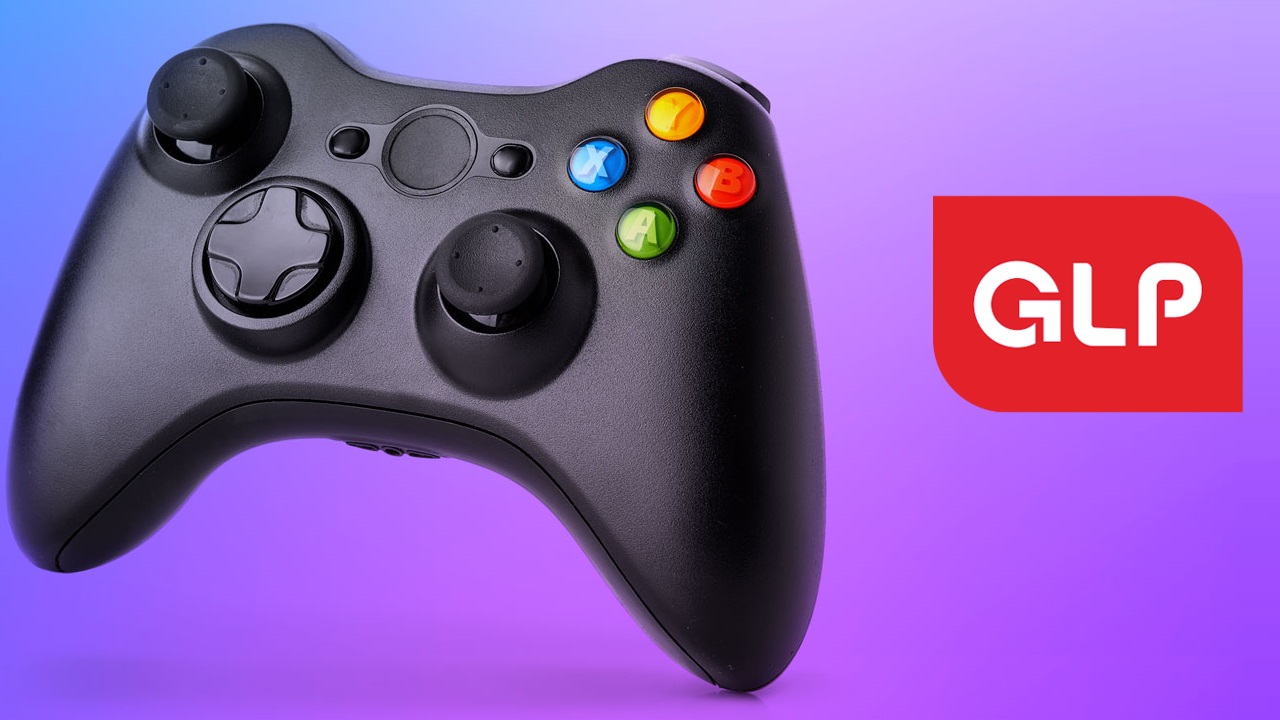Top Puzzle Games Live Play

On GLP Crossword Games Live Play, you can either start playing the game for free.

On GLP Crossword Games Live Play, you can either start playing the game for free.

On GLP Word Search Games Live Play, you can either start playing the game for free.

On GLP Ludo Games Live Play, you can either start playing the game for free.

On GLP Candy Crush Games Live Play, you can either start playing the game for free.

On GLP Bubbles Games Live Play, you can either start playing the game for free.
Puzzle games are a fun and engaging way to challenge your mind, offering entertainment and mental stimulation for players of all ages. Whether you’re solving a jigsaw puzzle, cracking a crossword, or navigating a digital brain-teaser, puzzle games come in various forms, each with unique mechanics but a shared goal: solving problems through logic, strategy, and creativity. This guide will walk you through the essentials of playing puzzle games effectively, covering preparation, strategies, and tips to enhance your experience.
To start, familiarize yourself with the specific puzzle game you’re playing. Each type—be it word searches, Sudoku, jigsaw puzzles, or mobile app-based games like Candy Crush—has its own rules and objectives. Begin by reading the instructions or tutorial, often provided in the game’s menu or help section. For physical puzzles like jigsaw puzzles, the aim is to assemble scattered pieces into a complete image, while digital games might involve matching tiles, solving riddles, or navigating mazes. Understanding the goal (e.g., clearing a board, finding hidden words, or reaching a target score) sets the foundation for success.
Preparation is key. For physical puzzles, ensure you have a clean, spacious surface to work on. Sort pieces or elements by type, color, or pattern to organize your approach. In digital puzzle games, check if the game offers difficulty levels—beginner, intermediate, or advanced—and choose one that matches your skill. Many games allow customization, such as adjusting time limits or enabling hints, which can ease you into the gameplay. If you’re playing online or via an app, ensure your device—whether a smartphone, tablet, or computer—is charged and connected to a stable internet source for uninterrupted play.
Next, develop a strategy tailored to the game. For example, in word search puzzles, scan the grid systematically—row by row or column by column—to locate the first letter of a word, then check surrounding letters for matches. In jigsaw puzzles, start with edge pieces to form the frame, then group similar colors or patterns to fill in the center. For logic-based games like Sudoku, focus on filling in obvious numbers first (e.g., placing a 9 where it’s most constrained) before tackling complex deductions. In match-three games, prioritize creating special pieces (like bombs or stars) by matching more than three tiles to clear larger sections efficiently.
Patience and persistence are crucial. Puzzle games often require trial and error, so don’t be discouraged by setbacks. If stuck, take a break to refresh your perspective—sometimes a new angle reveals a solution. Many digital games offer hints or power-ups; use them sparingly to maintain the challenge but don’t hesitate when you’re truly stumped. For timed puzzles, manage your time by focusing on quick wins early to build momentum.
Frequently Asked Questions About Puzzle Games
Puzzle games are activities that challenge players to solve problems using logic, strategy, or creativity. They come in various forms, including jigsaw puzzles, crosswords, word searches, Sudoku, match-three games (e.g., Candy Crush), and digital brain-teasers like escape room games. Physical puzzles involve tangible pieces, while digital ones are played on devices like smartphones, tablets, or computers.
Yes, puzzle games are designed for players of all ages and skill levels. Many games offer adjustable difficulty settings, from easy for beginners or kids to advanced for experienced players. Simple puzzles like word searches are great for children, while complex logic games like Sudoku appeal to adults. They’re a fun, inclusive way to engage the mind.
Puzzle games enhance cognitive skills such as problem-solving, concentration, memory, and pattern recognition. Word-based puzzles improve vocabulary and spelling, while logic puzzles sharpen analytical thinking. Additionally, they can be relaxing, reduce stress, and provide a sense of accomplishment when solved, making them both fun and mentally rewarding.
Absolutely! Many puzzle games are available online through websites or mobile apps. They can be played on various devices, including desktop computers, laptops, tablets, and smartphones. Most platforms are compatible with iOS, Android, or web browsers, ensuring accessibility as long as you have a stable internet connection.
Getting stuck is common in puzzle games. Try taking a short break to refresh your perspective, as a new angle often reveals solutions. For digital games, use hints or power-ups if available, but sparingly to maintain the challenge. For physical puzzles, like jigsaws, sort pieces by color or pattern to simplify the process. Patience and persistence are key!
Latest Articles
The Best Game In India For Play Online
The online gaming industry in India has experienced unprecedented growth over the past decade, fueled by widespread internet…
Keywords : |
